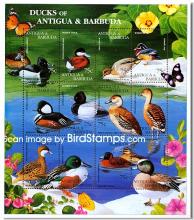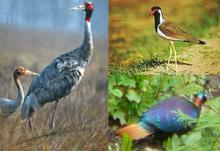The Impact of Pesticides on Bee Health Meeting in London
We are delighted to welcome you to Charles Darwin House for the “The Impact of Pesticides on Bee Health” – the third joint meeting between the three societies. The Biochemical Society, the British Ecological Society and the Society for Experimental Biology have a long history of organizing and supporting meetings on all aspects of biochemistry, cell biology and ecology. We believe this joint meeting between the societies (to be held at the joint headquarters of the three societies) will succeed in bringing together experts from around the world, who are solving biological problems using multiple integrated approaches. The final video discussion session can be viewed on Youtube at a http://www.youtube.com/watch?v=6pbCGDWed68.










